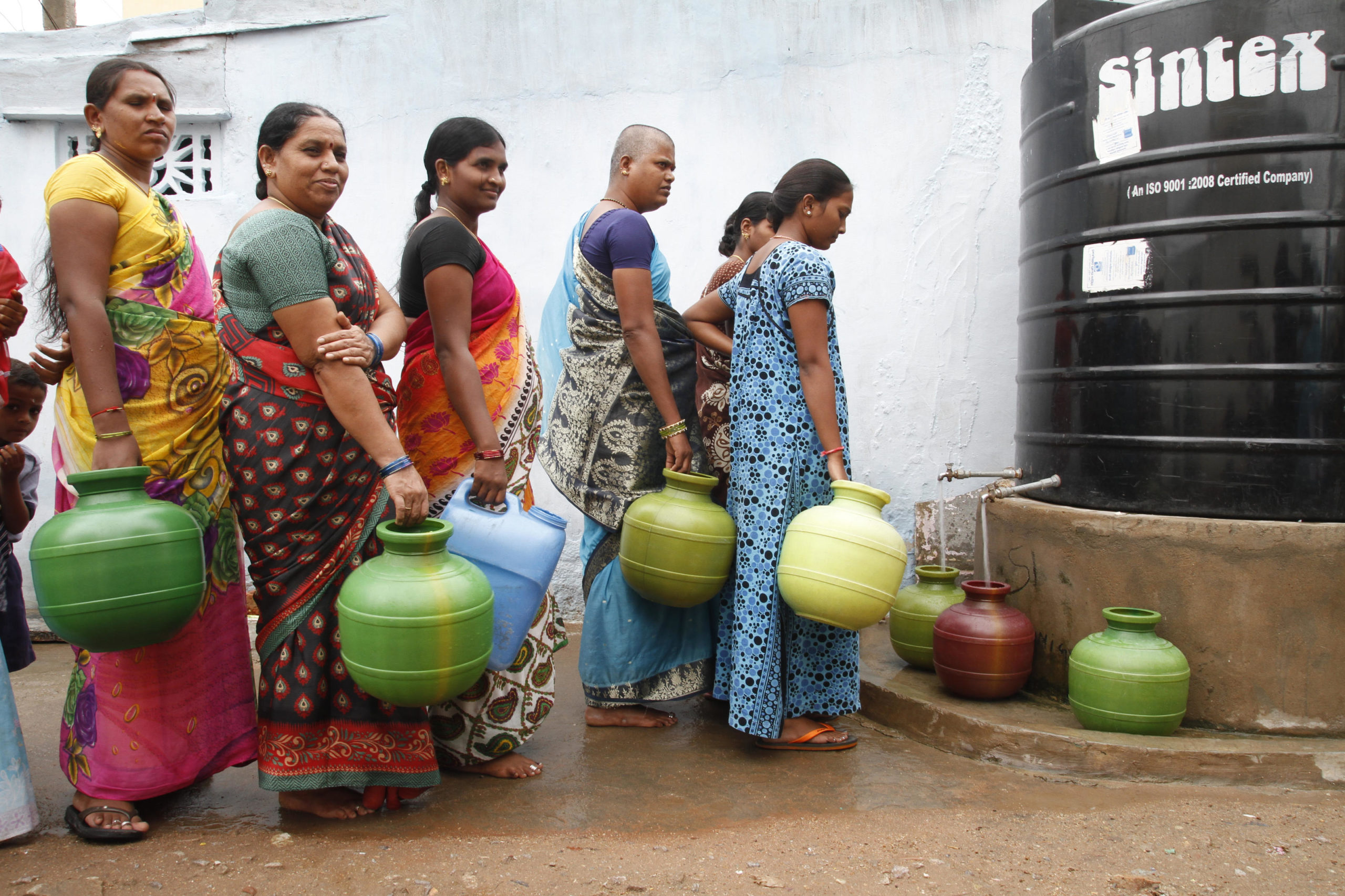The Indian Government has fallen short of its obligations to guarantee the right to water during the COVID-19 pandemic, the ICJ said in a briefing paper released today.
There is the need for frequent hand washing to protect from, and prevent the spread of, COVID-19. However, for many people, particularly those living in poverty, water of adequate quality and quantity is either unavailable, inaccessible or only intermittently available. This increases the risk of transmission of COVID-19. Indian authorities’ failure to meet their obligations to address this situation results in violation of the rights to water and sanitation, life and health. It also presents a significant public health risk.
In a briefing paper, the ICJ answers the following questions in the context of some of the human rights concerns that have arisen as a consequence of lack of access to adequate water during the COVID-19 pandemic:
- What are the principal concerns regarding the right to water in India?
- What are India’s legal obligations to guarantee the right to water?
- What issues must the Indian authorities address to meet its obligation to guarantee the right to water during COVID-19?
- What does the International Commission of Jurists recommend?
The ICJ calls upon Indian authorities to undertake the following:
- Immediate and Emergency Water Provision:
- Urgently enact and implement enforceable policies and strategies on the provision of emergency water in all water-scarce areas for all people during the COVID-19 pandemic. Such access should be provided regardless of legal tenure, notification status of an informal settlement or any other factor or circumstance. In particular, this must include:
- Provision and cleaning of public hand-washing facilities, soap, other cleaning materials and hand sanitizer on a continuous basis during the COVID-19 pandemic;
- Clear instructions for state governments on the permissible means of providing water and a minimum quantity and quality of water to be provided per household;
- A waiver of water charges for all persons below a specified income level during the COVID-19 pandemic; and
- A cessation of all water disconnections during the COVID-19 pandemic.
- Legal Enforcement:
- Finalize the enactment of enforceable national legislation on access to water which is compliant with India’s obligations in terms of the right to water;
- In the absence of such a law, clarify the legally binding nature of advisories, policies, orders and guidelines issued in relation to access to water in general and access to emergency water during the COVID-19 pandemic in particular; and
- Create and ensure effective operation of water supply helpline for effective and prompt redress of grievances and responses to emergency water needs.
- Monitoring and Information Circulation :
- Establish independent monitoring mechanisms, with effective participation by community members and civil society organizations, state human rights institutions, and other members as maybe deemed relevant by the Government; and
- Provide regular, accurate, evidence-based information on the spread of COVID-19 to the general public (including via public television and radio) on hygiene measures that are effective in curbing the spread of COVID-19.
Earlier, the ICJ has published briefing papers on the Right to Food and Right to Housing in India, on 27 April and 7 May respectively, urging India to take immediate steps to guard against the “hunger crisis” and “housing crisis”. The ICJ has also highlighted the human rights violations faced by stranded internal migrant workers in India
Infographic
Download the Right to Water Infographic here.
Contact
- Maitreyi Gupta, ICJ India Legal Adviser, t: +91 77 560 28369 e: maitreyi.gupta(a)icj.org
- Frederick Rawski, ICJ Asia-Pacific Director, t: +66 64 478 1121; e: frederick.rawski(a)icj.org
Download

